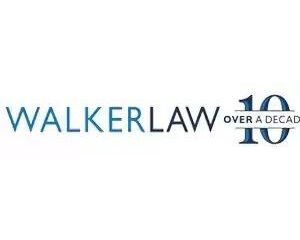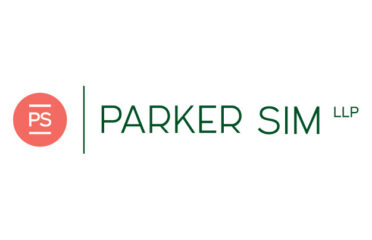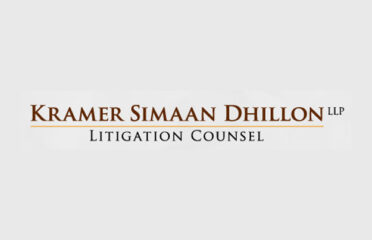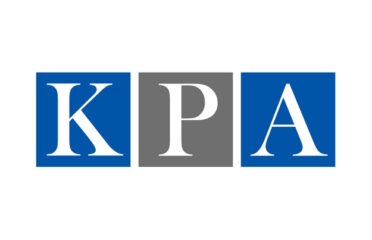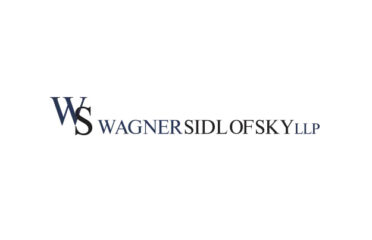What is Defamation Law in Canada?
Defamation law in Canada protects individuals and businesses from false statements that harm their reputation. Unlike the U.S. system with its strong free speech protections, Canadian defamation law strikes a unique balance between reputation rights and freedom of expression. With the rise of social media and online publishing, defamation claims have increased by 40% over the past decade, making understanding these laws more important than ever for Canadians.
This guide examines key aspects of defamation law in Canada, including:
-
The differences between libel and slander
-
How to prove a defamation claim
-
Defences available under Canadian law
-
Special considerations for online defamation
-
Recent legal developments and notable cases
1. Fundamentals of Canadian Defamation Law
Definition and Types of Defamation
-
Libel: Written or published false statements (newspapers, social media posts)
-
Slander: Spoken false statements (verbal accusations, speeches)
Key Difference: Libel is actionable per se (no proof of damage required), while slander typically requires proof of financial loss except in certain cases (imputing criminal conduct, unchastity, or professional incompetence)
Legal Framework
-
Common law principles (except Quebec’s civil code approach)
-
Provincial supreme courts handle most cases
-
Charter of Rights freedom of expression (section 2(b)) considerations
2. Proving Defamation in Canada
Essential Elements of a Claim
-
False Statement: Must be factual (not opinion) and provably false
-
Publication: Communicated to at least one other person
-
Identification: Reasonable people would understand it refers to plaintiff
-
Damage: Harm to reputation (presumed for libel)
Special Rules in Quebec
-
Civil code articles 1457-1458 govern
-
No distinction between libel/slander
-
Stronger protection for reputation vs. free speech
3. Defences to Defamation Claims
Complete Defences
| Defence | Description | Success Rate |
|---|---|---|
| Truth (Justification) | Statement was substantially true | 32% |
| Fair Comment | Honest opinion on matter of public interest | 28% |
| Privilege | Absolute (Parliament) or qualified (job references) | 22% |
| Responsible Communication | Public interest story, diligent efforts | 18% |
Source: 2023 Canadian Defamation Law Survey
Partial Defences
-
Apology Acts (reduce damages in some provinces)
-
Retraction (timely correction may limit liability)
4. Damages in Canadian Defamation Cases
Types of Compensation
-
General Damages: For harm to reputation ($10,000-$300,000 typical)
-
Special Damages: Proven financial losses
-
Aggravated Damages: Malicious conduct
-
Punitive Damages: Rare, for extreme cases
Notable Awards
-
Weaver v. Corcoran (BC, 2021): $300,000 for false fraud allegations
-
Lynch v. Segal (ON, 2022): $175,000 for online harassment
-
Gupta v. The Globe and Mail (ON, 2023): $0 (responsible journalism defence)
5. Online Defamation and Social Media
Unique Challenges
-
Viral spread of false information
-
Anonymous posters
-
Global jurisdiction issues
-
Permanent digital records
Canadian Legal Approaches
-
Norwich Orders: Compel ISPs to identify anonymous users
-
Single Publication Rule: Limitation period starts at first posting
-
Platform Liability: Generally not liable for user content (following Google v. Equustek)
6. Recent Legal Developments (2023-2024)
Notable Cases
-
Bent v. Platnick (SCC 2023): Clarified anti-SLAPP rules
-
Hansman v. Neufeld (BC 2024): Protected teacher’s criticism of LGBTQ policies
-
Levant v. Deif (ON 2024): $250,000 award for YouTube defamation
Legislative Changes
-
BC’s Online Harms Act (proposed)
-
Federal Online News Act impacts
-
Quebec’s privacy law amendments
7. Provincial Differences in Defamation Law
Key Variations
| Province | Limitation Period | Anti-SLAPP Laws | Apology Act |
|---|---|---|---|
| Ontario | 2 years | Strong (s.137.1 CPA) | Yes |
| BC | 2 years | Limited | No |
| Alberta | 2 years | None | Yes |
| Quebec | 1 year | Civil code approach | N/A |
8. Protecting Yourself from Defamation Claims
For Publishers/Businesses
-
Implement editorial review processes
-
Train staff on defamation risks
-
Obtain legal review for sensitive content
-
Consider defamation insurance
For Individuals
-
Avoid making factual claims without evidence
-
Use “alleged” when discussing unproven claims
-
Document all communications
-
Seek retractions/apologies when appropriate
9. When to Consult a Defamation Lawyer
Consider legal advice when:
✅ You’ve suffered serious reputational harm
✅ Facing a defamation threat or lawsuit
✅ Need to remove damaging online content
✅ Planning to publish sensitive information
Cost Considerations
-
Cease & desist letters: $1,000-$3,000
-
Full litigation: $50,000-$300,000+
-
Contingency fees sometimes available
Conclusion: Balancing Reputation and Expression
Canadian defamation law continues evolving to address digital communication challenges while maintaining its core protection of personal and professional reputations. Understanding these legal principles helps Canadians navigate complex situations where free speech and reputation rights intersect.





